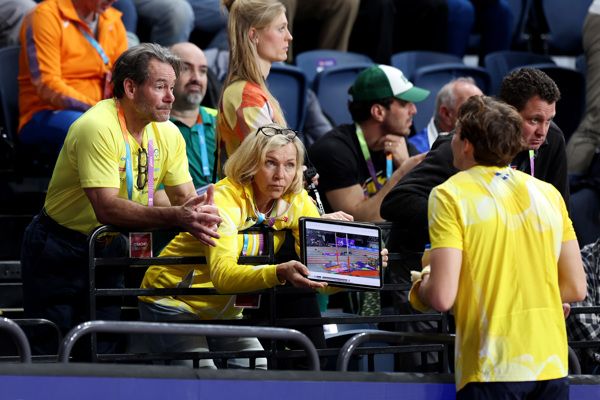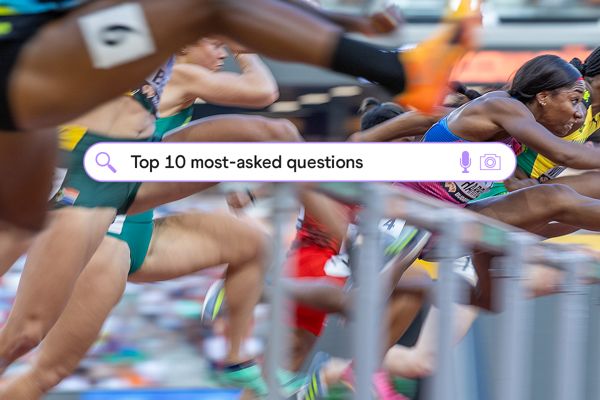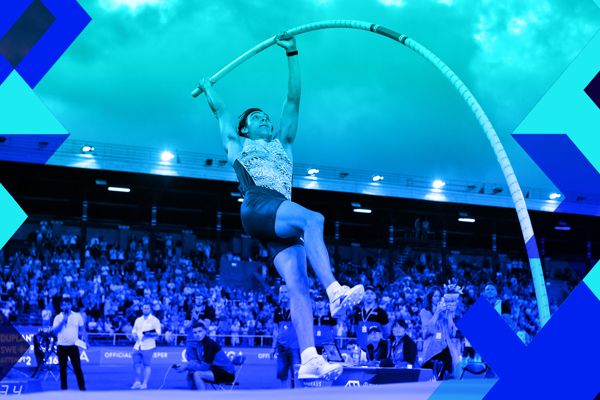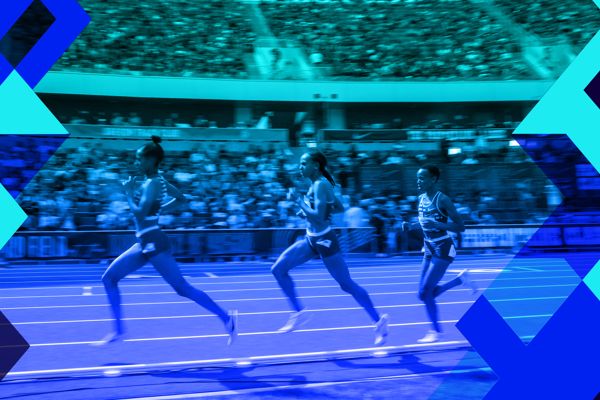Empowering Female Coaches and Athletes in World Athletics
The World Athletics Indoor Championships in Glasgow showcased a session focusing on elite female coaches and athletes. Insightful discussions led by renowned figures emphasized the need for innovative coaching approaches and increased representation of women in the coaching environment. Explore how female coaches bring unique perspectives, diverse skills, and effective communication to champion athletes to success.

World Athletics Highlights Pivotal Role of Elite Female Coaches and Athletes
(Glasgow, 24 March 2023) – The recent World Athletics Indoor Championships in Glasgow played host to an insightful session dedicated to elite female coaches and athletes as part of the Coaches’ Club program. This initiative, organized by World Athletics in cooperation with the Global Athletics Coaching Academy (GACA), brought together some of the world’s leading figures in the sport, including renowned coach Helena Duplantis and renowned coach Laurent Meuwly.
The panel discussion was opened by sports scientist Emma Ross, who delivered a powerful speech emphasizing the need for effective changes in coaching approaches to better address the specific needs of female athletes. “The excuse ‘we have always done it this way’ is no longer acceptable,” she firmly stated, underscoring the importance of adapting to the evolving landscape of women’s athletics.
World Athletics President Sebastian Coe echoed this sentiment, highlighting the organization’s commitment to increasing the representation of women in the coaching environment. “We need more women in the coaching environment as soon as possible,” Coe said in an interview conducted by GACA Chair Frank Dick.
The event provided a platform for experienced female coaches to share their unique perspectives and approaches. Helena Duplantis, the strength and conditioning coach for world pole vault record-holder Mondo Duplantis, acknowledged that even the most renowned female coaches are “kind of new” in the field. However, she noted that the Swedish Olympic Committee’s “Project Q” aims to bolster the knowledge and expertise of female leaders and coaches.
Meuwly, the coach of world 400m hurdles champion Femke Bol, emphasized the distinct advantages that female coaches can bring to the table. “Towards athletes, women are different,” he said, “that would raise the bar because they can bring more diversity and new competencies, not only being very good technically and tactically, but also communicating differently and more effectively.”
The session also delved into the nuances of coaching elite athletes. Helena Duplantis, who works alongside her husband Greg in coaching their son Mondo, highlighted the importance of understanding an athlete’s body language and facial expressions. “You can tell by the fire in his eyes that he is going to break the world record,” she said, underscoring the value of intuitive coaching.
Meuwly echoed this sentiment, noting that the difference between good coaches and very good coaches lies in their ability to communicate and prepare athletes mentally, helping them navigate both successful and challenging moments.
The Coaches’ Club event in Glasgow served as a testament to the pivotal role of elite female coaches and athletes in the development of the sport. World Athletics is committed to expanding this community and providing a platform for these trailblazers to share their expertise and inspire the next generation of athletics champions.
🔗 Source




